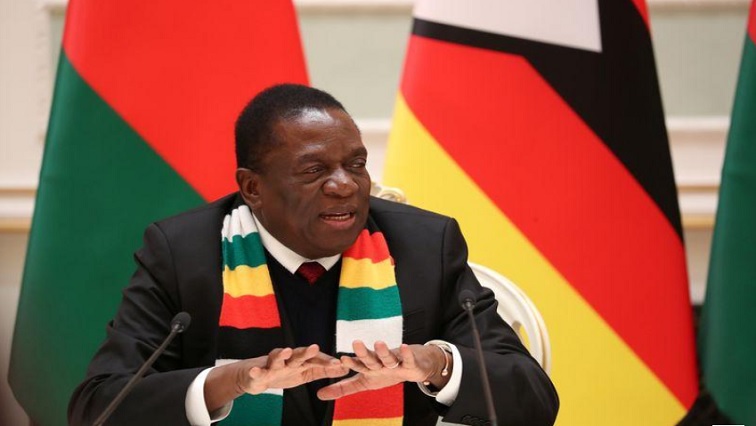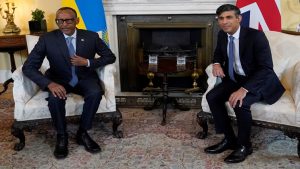Zimbabwe is set to conduct public hearings addressing the Gukurahundi killings that occurred between 1982 and 1986, during which thousands of mainly Ndebele-speaking individuals were subjected to detention, torture, rape, and execution by government forces.
Although estimates suggest that over 20 000 people were massacred, the Zimbabwean government, led by the late former President Robert Mugabe, maintained that it was a crackdown on dissidents rather than genocide.
Current President Emmerson Mnangagwa is seeking closure to this dark chapter in Zimbabwe’s history. Mnangagwa has tasked traditional leaders with leading consultative processes within their communities.
Vice President of Zimbabwe’s National Chiefs Council, Fortune Charumbira, expressed hope for closure citing examples like Rwanda, which overcame a similarly traumatic past.
Charumbira says, “Some are saying can this Gukurahundi end? Is it possible to put closure? If you listen to the story of Rwanda where within three months – April, May and June, by July – 1 million people had been killed. And today go to Rwanda, it is one of the most peaceful on the continent. So if Rwanda went through such an experience, why can’t Zimbabweans who are said to be very literate fail to put this issue behind them?”
Zimbabwe to conduct public hearings over the killings of Ndebele people:
The biggest challenge that has previously led to a stalemate was the lack of acknowledgment by the government of their actions.
The killings were executed by government forces led by the North Korean-trained Fifth Brigade. Some victims want an admission that the killings constitute genocide.
But Charumbira has differed with this notion, stating, “This is not about genocide, let that conclusion come from the victims at the end of the process. But what we know even the late Joshua Nkomo, he also disputed that this was genocide but acknowledged that yes, dissidents and soldiers clashed in the communities and in the process innocent people were also victims, but it was not genocide.”
Secretary of the Information Department in Zimbabwe, Nick Mangwana hopes this process, which will be led by traditional leaders, will eventually give closure and healing for the victims and the country at large.
Mangwana says, “We have been allowed to speak freely… we are at a time of healing.”
Seventy-two chiefs from Matabeleland North and South Provinces are expected to lead the process, fostering a platform for victims to share their experiences in the pursuit of potential closure and healing for the nation.
Mugabe says the Ndebele killings are a difficult issue that needs to be corrected:






